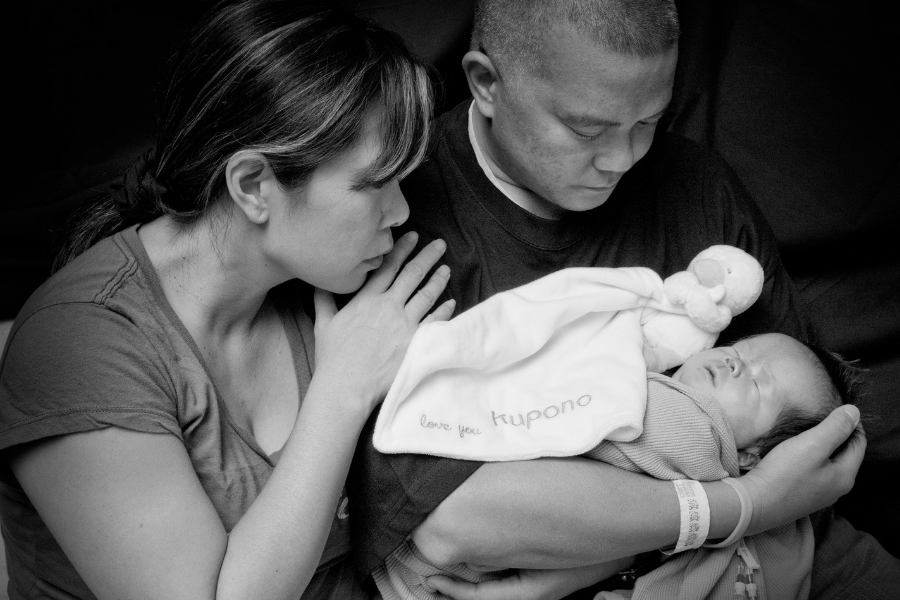
I wonder how often this actually is shared with expectant mothers considering prenatal testing.

So, the odds are that even with a diagnosis for Down syndrome, it does not mean that a child will be born with Down syndrome. Once the pregnancy is into the second trimester, when an amniocentesis can be performed, the odds of giving birth to a child with Down syndrome are still 6 out of 10. This means, receiving a CVS result in the first trimester means the pregnancy has as much of a chance of miscarrying as continuing into the second trimester. Reports vary on the percentages, but the ones that I’m familiar with state that 50% of pregnancies carrying a child with Down syndrome miscarry in the first trimester and 40% of those pregnancies that make it to the second trimester miscarry. But, even for those pregnancies the odds are they are not going to have a child with Down syndrome.īecause most pregnancies positive for Down syndrome naturally miscarry. Of the 6 million pregnancies each year in the United States, there are at most 20,000 pregnancies that are actually carrying a child with Down syndrome. This is because the incidence of actually having a child with Down syndrome is very low. In fact, almost every pregnant woman in the world is not going to have a child with Down syndrome. There is no maternal age where the odds of having a child with Down syndrome exceed the chance of not having a child with Down syndrome. Odds are, you are not going to have a child with Down syndrome. Therefore, diagnostic testing is required to truly know whether you are having a child with Down syndrome and only an amniocentesis provides the most accurate results, since CVS testing can return the same false positive as NIPS.īut (and here’s the kicker), even a diagnostic test will not tell you your odds for having a child with Down syndrome.
#Baby are you down down down down doiwn professional#
Whereas under the “tarot cards” false positives outnumber true positives, that is not the case for NIPS instead, a NIPS result for Down syndrome can mean the odds are that the pregnancy actually is positive for Down syndrome (when the mother is 30 years or older–see the graph at this post).īut, as every professional statement and even the NIPS testing companies themselves have emphasized, a NIPS result is not enough to rely upon because there remain false positives and false negatives. These tests essentially turn the odds of the previous screening tests on their head. But, these tests have been likened to “ tarot cards” because they are imprecise, with false positives outweighing the number of pregnancies with Down syndrome that the screening tests actually detect.Īs has been covered at length on this blog, now we have a new era of prenatal testing known as Non-Invasive Prenatal Screening (NIPS). Then, in 2007, professional guidelines recognized the nuchal translucency-combined test, which can be offered in the first trimester.Īs an example of these type of screening tests, a mother who is 25-years old has a baseline chance of having a child with Down syndrome of about 1-in-1,250 if she were to receive a screen result for Down syndrome, then her odds may be readjusted to 1-in-250, or some other revision of her baseline chance for having a child with Down syndrome.

Initially these tests could only be provided in the second-trimester. Screening tests provide a reevaluation of the odds that a pregnancy is positive for Down syndrome. This is where prenatal screening comes in. Moreover, the most recent guidelines from the International Society for Prenatal Diagnosis (ISPD) state that maternal age, alone, is not enough to rely upon for the chance of having a child with Down syndrome.

While this relationship has been known, the reason for it remains unknown. See the graph at this post for the chance based on maternal age. It has long been known that the chance for having a child with Down syndrome increases with the age of the mother. So, what are the odds that you are having a child with Down syndrome? Not only is this answer important, but it will surprise many. Indeed, prenatal testing for Down syndrome has that same focus. With the greatest two minutes in sports upon us, it naturally has me thinking about odds.


 0 kommentar(er)
0 kommentar(er)
